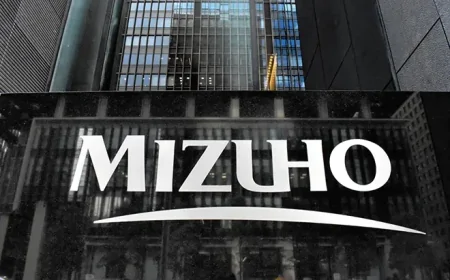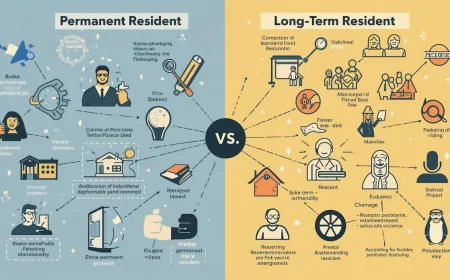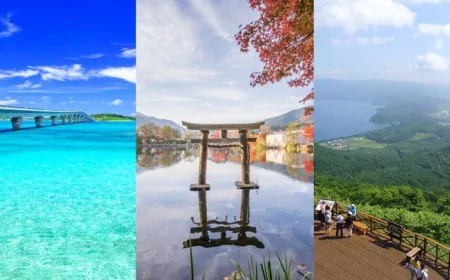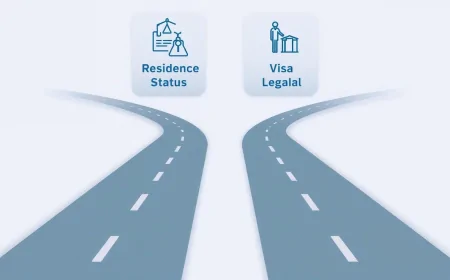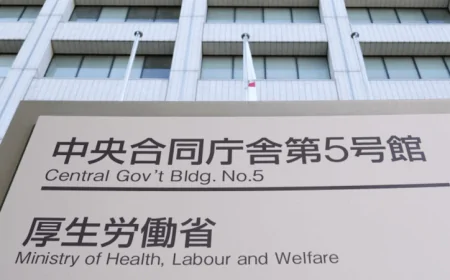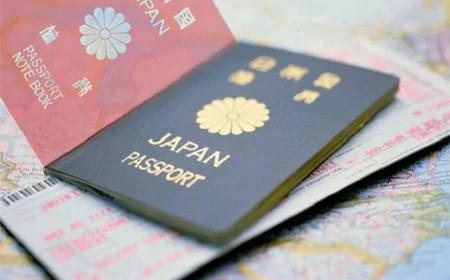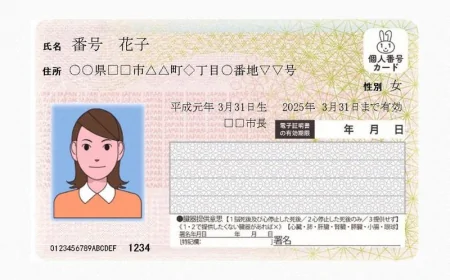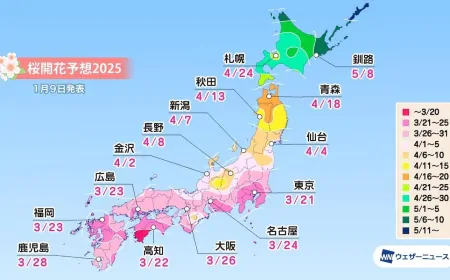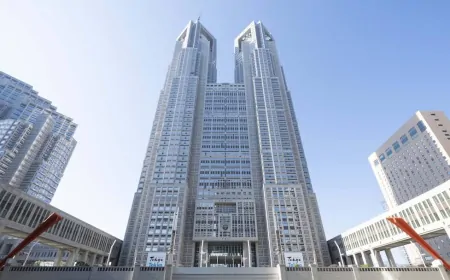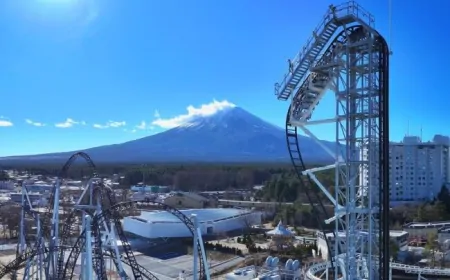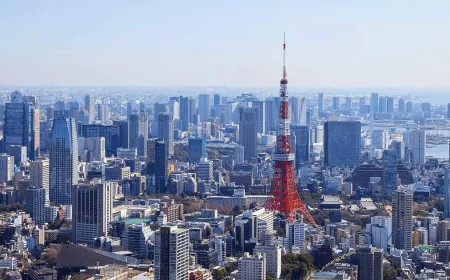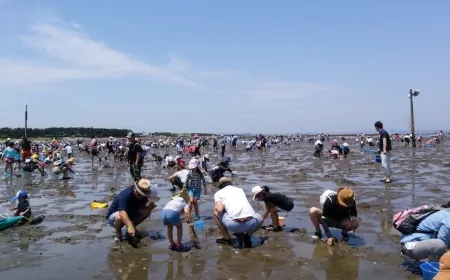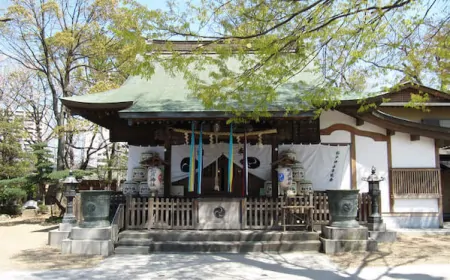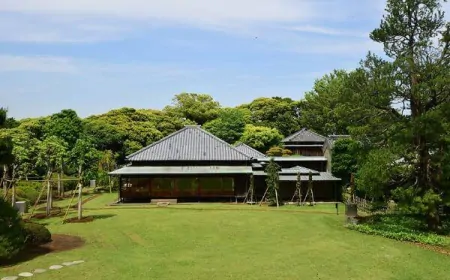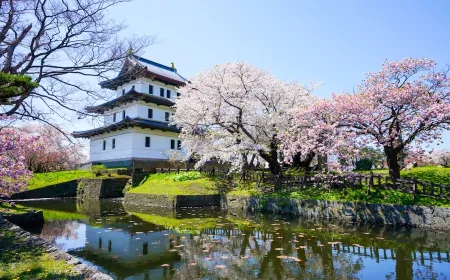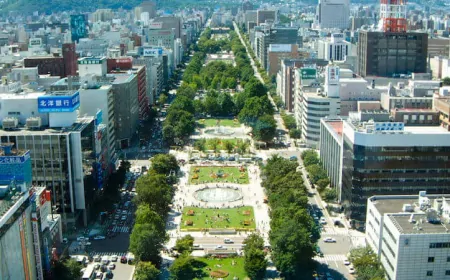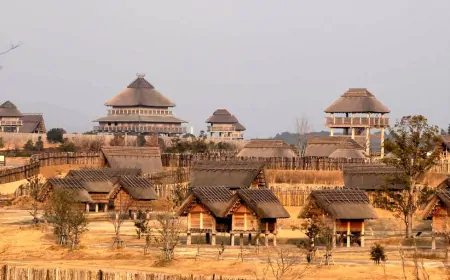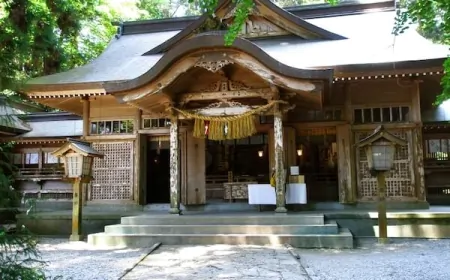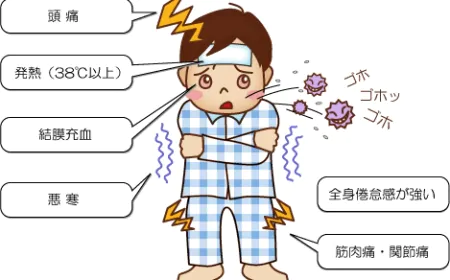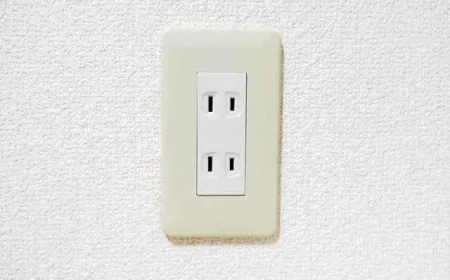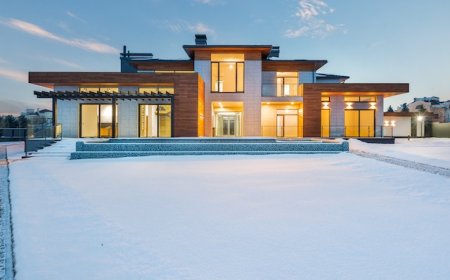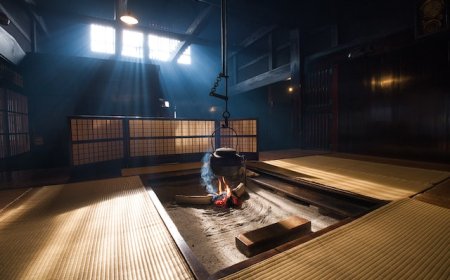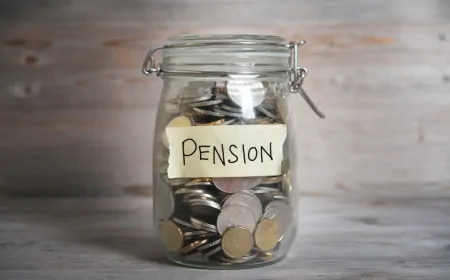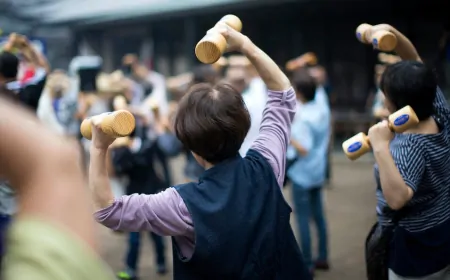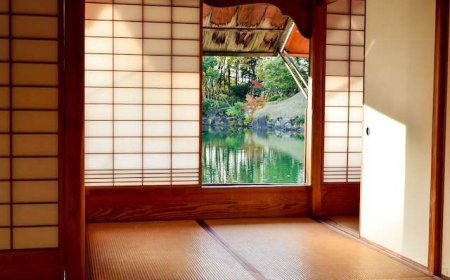The cost of renting a house in Japan
Japan is a popular destination for expats, students, and travelers from all over the world. Whether you are moving to Japan for work, study, or just for fun, one of the most important things to consider is the cost of living, particularly the cost of renting a house.

In this article, we will explore the cost of renting a house in Japan and the factors that influence it.
- Firstly, the cost of renting a house in Japan depends on the location. As with any country, the price of rent varies depending on the city and even the neighborhood. For example, Tokyo, Osaka, and other major cities have higher rental costs than smaller towns or rural areas. In general, the closer the property is to the city center, the higher the rent will be. However, if you are willing to live a little further from the city, you can save on rent.
- Secondly, the size of the house or apartment is another important factor to consider. The larger the living space, the higher the rent will be. In Japan, rental prices are typically measured in terms of the number of tatami mats (a traditional Japanese flooring unit). For example, a one-room apartment with 10 tatami mats would cost around 70,000 to 90,000 yen per month (approximately 650 to 840 US dollars), while a three-room apartment with 60 tatami mats could cost up to 300,000 yen per month (approximately 2,800 US dollars).
- Thirdly, the amenities and facilities included in the rental property can also affect the cost of rent. For example, a property with a balcony, parking space, or a fully equipped kitchen will likely cost more than a basic apartment without these features. In addition, properties with shared facilities such as a gym or swimming pool will also come with a higher rental cost.
- Lastly, the timing of your move can also impact the cost of rent. In Japan, the rental market is highly seasonal, with the peak season typically between March and April, coinciding with the beginning of the academic year and the start of the new fiscal year. During this time, rental prices can be significantly higher than other times of the year. Conversely, during the off-season, prices may be lower as landlords compete to attract renters.
When searching for rental properties in Japan, you can use online platforms such as Suumo or Homes, or work with a real estate agent. However, be aware that working with an agent may incur additional fees, typically one to two months' rent.
In conclusion, the cost of renting a house in Japan depends on various factors such as location, size, amenities, and timing. While rental prices in major cities such as Tokyo and Osaka can be high, there are plenty of affordable options available in smaller towns or rural areas. With the right research and planning, you can find a rental property that fits your budget and lifestyle.
Related Products








